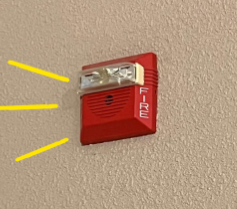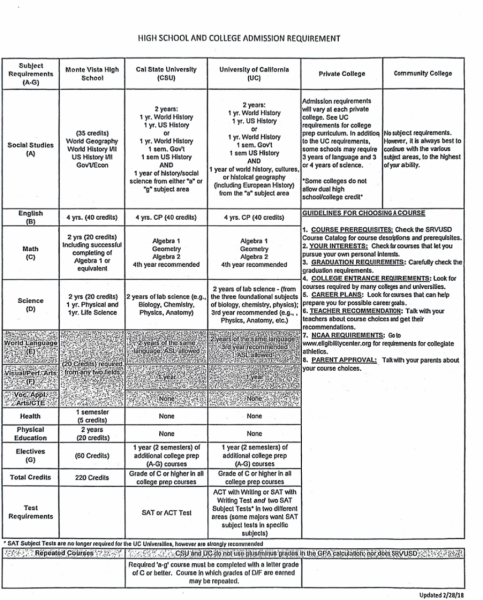Generation Z’s new addiction

Twitter is one of the social media platforms where people post their most “chronically online” takes. Lately, more people have noticed an increase in these kind of posts.
When you think of the word ‘addiction,’ you might think of illicit drugs like heroin or cocaine. But there’s a new kind of addiction affecting generation Z: social media.
Social media used to be a way for people to stay connected with friends and family, but it has evolved into a space for political, social, and cultural discourse. Over the past few months, the phrase ‘chronically online’ has been appearing more and more across Twitter threads and TikTok comments. But what does the phrase mean exactly? And why has it become so popular now?
‘Chronically online,’ also known as ‘extremely online,’ is a phrase that is speculated to have been introduced in the mid to late 2010’s. The generalized definition of a chronically online person is a someone who has a high moral superiority complex and shows great indignation towards more trivial disagreements online, specifically social media.
In her article “’Chronically online’: What the phrase means, and some examples,” Abrar Al-Heeti from CNET writes that “chronically online describes those who spend so much time online it skews their sense of reality and hinders their ability to effectively communicate about topics like politics or social justice because they lack real-world experience.”
Having this kind of discourse is not an inherently bad thing, but when these issues become popular online, they begin to lose significance. Instead of trying to form more critical and evidential arguments, it’s quite easy for social media users to make assumptions that the actual situation the argument was based on.
TikTok content creator @marcsebastianf, Marc Sebastian, made a post discussing some of the most chronically online takes he had heard regarding himself.
“One time I had said I didn’t like the color purple and someone called me [an] ableist because colorblind people can’t see purple and I should be so lucky,” Sebastian said. “I [also] made a video rating a bacon, egg, and cheese [sandwich] that I had got from my local bodega, and someone said I was classist with an imperialistic mindset.”
Social media also easily facilitates groupthink, which is when a group of individuals reaches a conclusion without a reasonable enough understanding or sufficient evaluation. When certain opinions or “takes” seem to be favorable among the internet crowd, it makes individuals want to conform to one of the groups instead of trying to think for themselves.
Those who are chronically online are completely out of touch with reality and their existence revolves around being on the internet. The discourse, arguments, and drama on social media is what draws users in and keeps them coming back.
Using social media this way is precarious. Author E. Bun Lee writes, “problematic use of mobile phones has been viewed as a disorder and conceptualized as addictive behavior marked by symptoms of withdrawal, craving, and loss of control.”
Social media gives us a dopamine influx with every notification we get, whether it’s a like or a direct message. Doctor and scientist Majid Fotuhi from NeuroGrow writes that “studies show that the brain scans of heavy social media users look very similar to those addicted to drugs or gambling.” With people constantly refreshing their social media feed to get the newest “scoop,” they begin to prioritize it over everything else and create an unhealthy bond with social media.
It’s bizarre watching someone “go crazy” after learning unverified information about an actor or after finding out someone else might have a differing opinion than them. It’s hard for those that are actually chronically online to realize that using social media this way has no real positive impact on their lives. In the end, it’s important not to take social media as seriously as many are right now.

Aarushi Khurana is a senior at Monte Vista and is returning for her third year in journalism. This year...






